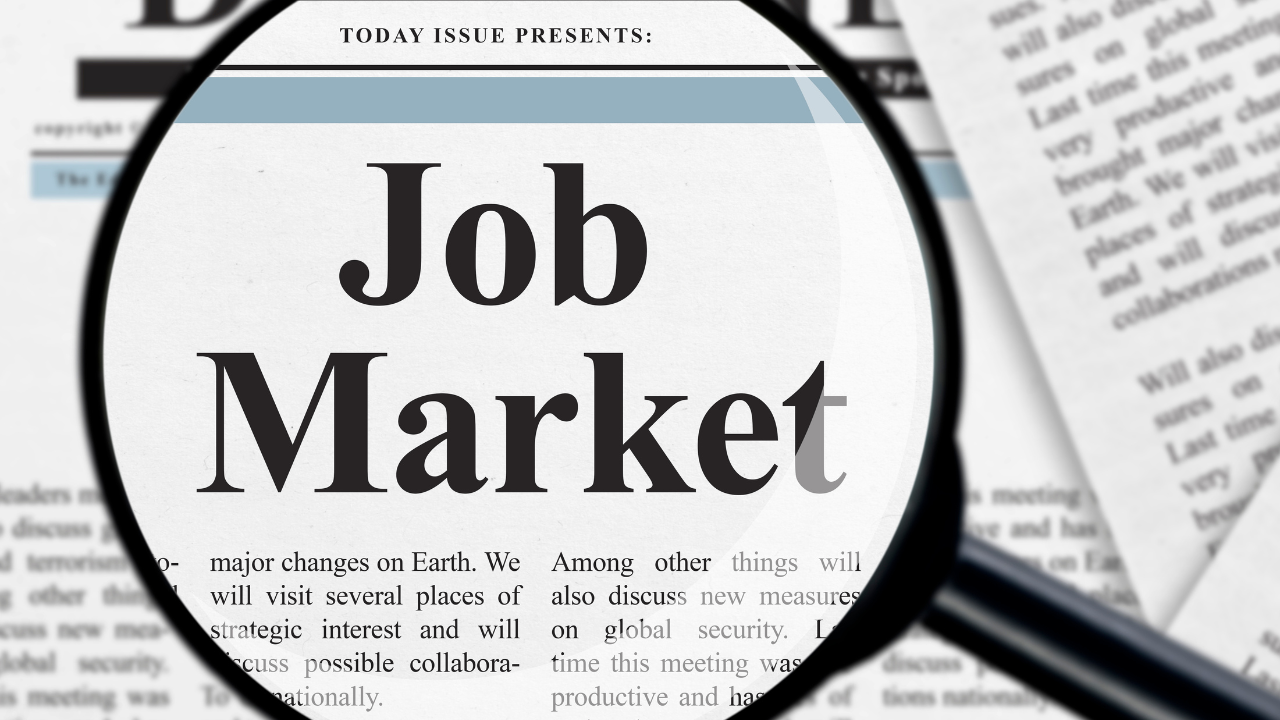
The Future of Work: Trends Shaping the Job Market in 2025 and Beyond
key trends defining the job market in 2025 and what they mean for your career or hiring strategy.
The world of work is evolving faster than ever. As technology, global events, and changing values reshape how, where, and why we work, job seekers and employers alike must stay ahead of the curve. Here's a look at the key trends defining the job market in 2025 and what they mean for your career or hiring strategy.
1. Remote and Hybrid Work Are Here to Stay
While once seen as a temporary shift, remote and hybrid models have become a permanent part of the workplace. In 2025:
70%+ of companies offer hybrid roles.
Digital collaboration tools are now essential job skills.
Job seekers prioritize flexibility when choosing employers.
Tip for job seekers: Learn remote collaboration tools like Slack, Zoom, Notion, and Asana.
Tip for employers: Create strong digital onboarding and performance systems to support remote teams.
2. AI and Automation Are Reshaping Roles
AI is no longer a future concept—it's embedded in everyday work, especially in data-driven and repetitive task areas. While some jobs are being phased out, many new roles are being created.
Emerging roles:
AI Trainers
Prompt Engineers
Automation Strategists
AI Ethics & Compliance Officers
Focus industries: Finance, HR, Healthcare, Manufacturing, and Logistics.
3. The Rise of Skills-First Hiring
Degrees are no longer the only measure of talent. Companies are increasingly hiring based on skills, certifications, and portfolios.
What matters now:
Micro-credentials (Google, Coursera, etc.)
Real-world projects and internships
Problem-solving and adaptability
Job seekers: Focus on upskilling and certifications in areas like digital marketing, data analysis, and coding.
Employers: Use skill assessments to identify top candidates beyond resumes.
4. Freelancing and the Gig Economy Are Expanding
More professionals—especially Gen Z—are opting for flexible work arrangements. By 2025:
Over 40% of the workforce will be freelance or part-time.
Platforms like Upwork, Fiverr, and Toptal are surging.
Trend: Employers are building blended teams—a mix of full-time staff and freelancers.
Job seekers: Explore side gigs to build experience and income.
Employers: Tap into freelance talent for specialized, short-term needs.
5. Focus on Mental Health and Work-Life Balance
Workers today expect more than a paycheck—they want purpose, balance, and well-being. Mental health benefits and flexible work policies are becoming non-negotiable.
4-day work weeks are gaining traction.
Mental health support is a top benefit for Gen Z and Millennials.
Toxic cultures are driving record resignations.
Employers: Invest in culture, not just compensation.
Job seekers: Prioritize companies with transparent work-life policies.
6. Green Jobs and Sustainability Careers Are Rising
With climate concerns front and center, industries are adapting—and creating new roles in the process.
In demand:
Sustainability Analysts
Environmental Engineers
ESG Consultants
Green Supply Chain Managers
Tip: Align your career with sustainability trends to future-proof your path.
Final Thoughts
The future of work isn’t just about technology—it’s about adaptability, purpose, and continuous learning. Whether you're just starting out or looking to future-proof your career or team, staying informed on these trends will help you thrive in a rapidly changing job market.
